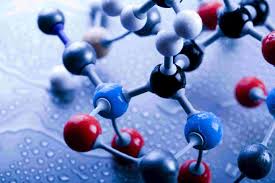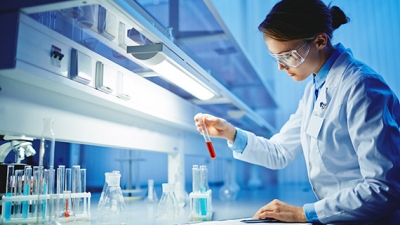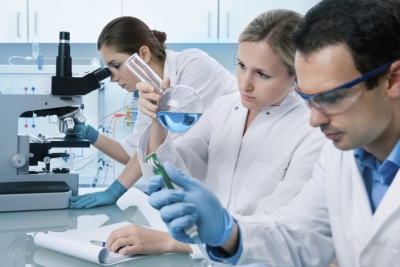
I am a student of class XII. Could you tell me about the career opportunities available for students interested in biochemistry. Can you also mention some good colleges in India that offer courses in biochemistry?
I am a class XII student with PCB. I want to become a biochemist. Please describe the following aspects in detail: courses, scope of work, opportunities, salary etc. I would like to take admission in MAHE. Please tell me about the admission procedure and the courses on offer.
Biochemistry is a branch of science concerned with the chemical processes that occur within living organisms. The subject provides the link between chemistry and living organisms. Numerous processes in medicine, agriculture and forensics require a firm grounding in biochemistry in both development and application.
To pursue a graduate degree in biochemistry, one should have studied physics, chemistry, biology and maths in class XII.
Most universities and certain institutes that offer specialisation courses such as agricultural biochemistry in Indian Agriculture Research Institute New Delhi, agro-chemical in Delhi University etc offer biochemistry.
Manipal Academy of Higher Education (MAHE) offers biochemistry through two routes: after MBBS you could take up biochemistry at the MD level, or else you can study biochemistry in MSc.
MAHE was primarily a health sciences university but now has diversified into communication/ journalism, information technology, ryral studies and distance education. After class XII, you are eligible for the following courses in MAHE: MBBS, BDS, B.Pharm, B.Sc. Biotechnology, BPT (Bachelor in Physiotherapy), and BOT (Bachelor in Occupational Therapy)
You can also take admission to any of these courses after qualifying the entrance examination.
An expert in biochemistry can find employment in the following fields:
- Medicine and health
- Drug manufacture and design
- Agriculture and related industries
- Forensic science (crime lab science)
- Professional schools.
Hot careers in biochemistry include proteomics and bioinformatics. One vcan find good jobs in pharmaceutical and biotechnological companies in India and abroad, such as Ciphergen Biosystems, Protometrix, etc.
Picture Credit : Google






 Dr. Hargobind Khorana is one of the renowned biochemists of the world. He developed a method for the synthesis of deoxyribonucleic acid (DNA) and ribonucleic acid (RNA). For his independent contributions, he was awarded the 1968 Nobel Prize in physiology and medicine, along with M.W. Norenberg and R.W. Holley.
Dr. Hargobind Khorana is one of the renowned biochemists of the world. He developed a method for the synthesis of deoxyribonucleic acid (DNA) and ribonucleic acid (RNA). For his independent contributions, he was awarded the 1968 Nobel Prize in physiology and medicine, along with M.W. Norenberg and R.W. Holley.